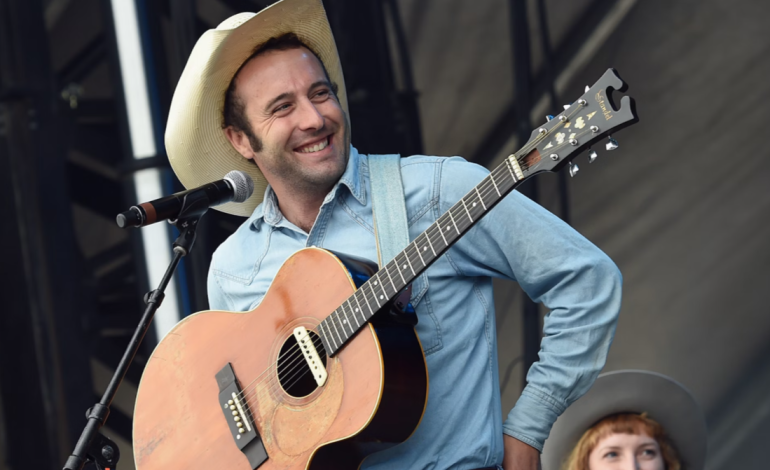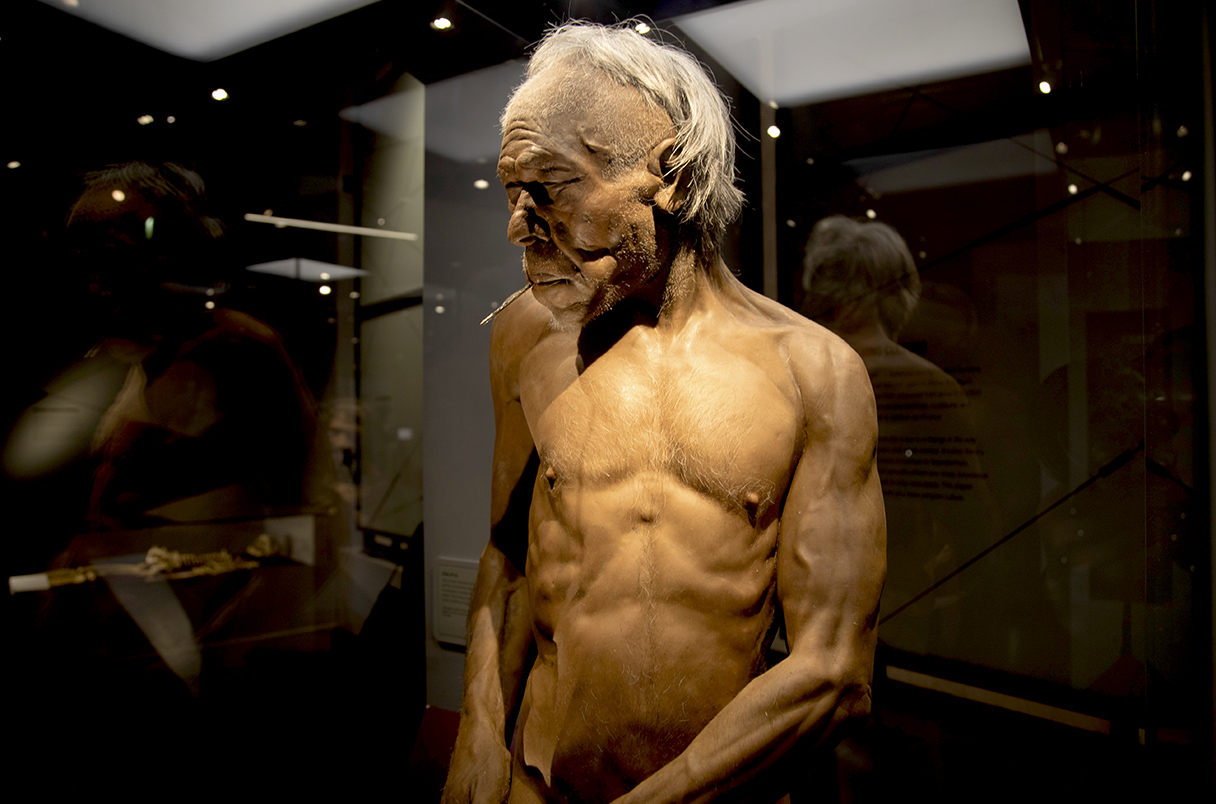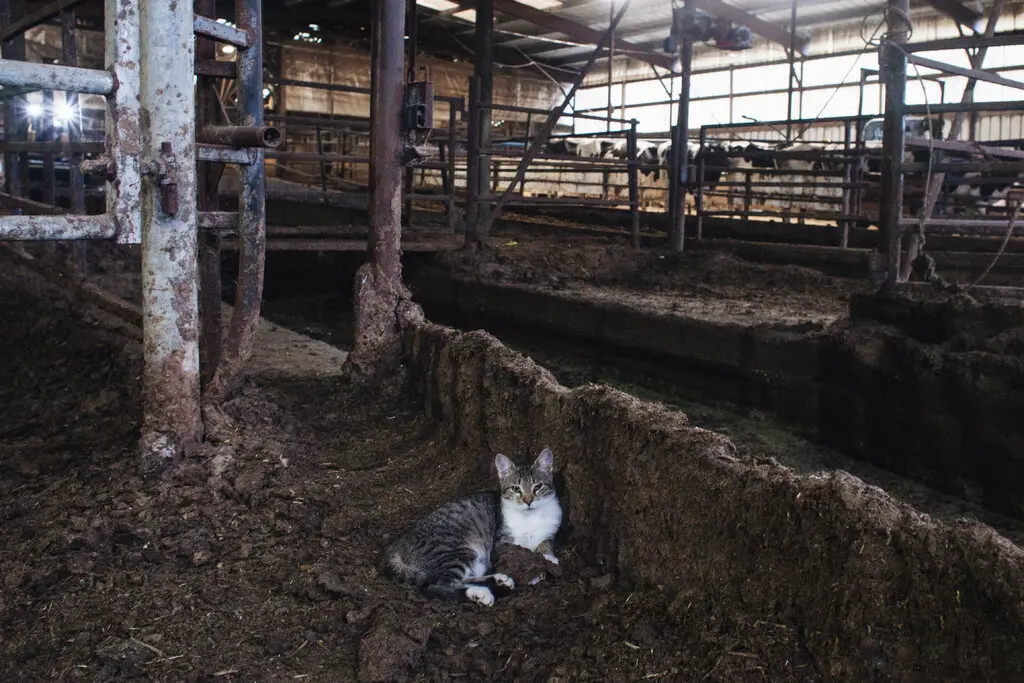The Life and Legacy of Luke Bell: Wyoming Musician’s Story Spotlighted in PBS Mental Health Series

Luke Bell, a talented country musician from Cody, Wyoming, experienced both the soaring highs of a rising music career and the profound lows of a battle with mental illness, Cowboy State Daily reports.
His journey, marked by artistry, struggle, and advocacy, is now the focus of a powerful episode of Wyoming PBS’s “A State of Mind: Confronting Our Mental Health Crisis.”
Luke Bell’s love for old-time cowboy music and the ranching lifestyle was nurtured during his upbringing in Cody, Wyoming. Raised in a family rooted in the rugged values of ranch life, Bell’s childhood summers were spent working on his grandparents’ ranch. He attended college but left halfway through his junior year to pursue his passion for music in Austin, Texas. Despite initial doubts from his parents about his musical ambitions, Luke’s determination saw him hone his craft as a guitarist and singer.
With the help of a successful Kickstarter campaign, he produced his first self-titled album and began to gain recognition in the country music scene. Bell’s career took off, leading him to open for country music legends like Willie Nelson and Dwight Yoakam.
In 2015, Luke’s father, David Bell, passed away from pancreatic cancer. The loss deeply affected Luke, and his family began to notice changes in his behavior. What initially seemed like grief eventually revealed itself as something more complex. He began to withdraw from loved ones, and his heavy drinking raised concerns. Luke’s mental health struggles became undeniable in 2016, when he experienced a psychotic breakdown and was placed in a holding cell in Nashville, Tennessee. It was then that he was diagnosed with schizoaffective disorder, schizophrenia, and bipolar II with psychotic episodes.
Schizoaffective disorder is characterized by a combination of schizophrenia symptoms, like hallucinations and delusions, along with mood disorder symptoms, such as depression or mania. Coupled with bipolar II and schizophrenia, Luke’s ability to perceive reality and make decisions became severely impaired. His condition was further complicated by a genetic liver disorder that made him more susceptible to psychosis when he drank alcohol.
Despite multiple hospitalizations in Tennessee, North Carolina, Florida, and Denver, Luke’s family struggled to secure consistent, effective care. Due to the legal standard that requires a person to be deemed a “danger to themselves or others” to be involuntarily committed, Luke’s mental health issues were often not taken seriously enough for extended care. As his mother, Carol Bell, explained, Luke’s erratic behavior and risky lifestyle put him in danger, but it wasn’t enough for authorities to intervene.
Carol Bell’s experience navigating the mental health system while supporting her son inspired her to pursue a master’s degree in counseling. She wanted to better understand mental illness and help others going through similar experiences. Her insights into the stigma surrounding mental health have since become a central theme in her advocacy efforts.
“Our culture loves to say, ‘Well, if he wouldn’t have drank too much,” Carol said. “But people really want to believe that the person is to blame, which adds to the stigma around mental health.”
In the summer of 2022, Luke returned to Cody for his sister’s wedding. His family sensed that something was different. He was more reclusive than usual, and when he said goodbye, his family feared it might be the last time they’d see him. Tragically, their intuition proved correct. Luke disappeared on August 20, 2022, while in Tucson, Arizona. Nine days later, his body was found, and the cause of death was determined to be a fentanyl overdose. He was 32 years old.
Luke’s death underscored the tragic reality faced by many individuals with severe mental illness. Carol reflected on the public’s perception of those struggling with mental health, lamenting how people are often reduced to their illness.
“We don’t think a diabetic person is diabetes, but we think a mentally ill person is mental illness,” she said.
Since Luke’s passing, the Bell family has turned grief into action. They’ve become advocates for mental health awareness, particularly in Wyoming, a state with one of the highest suicide rates in the nation. Carol’s father, Stan Flitner, organized a mental health awareness event in Shell, Wyoming, drawing over 100 attendees in a town with a population of just 50. The event’s success has led to similar gatherings in other Wyoming communities, encouraging people to seek help and discuss their struggles.
In Luke’s honor, his family also launched the Luke Bell Memorial Affordable Counseling Program, which provides financial assistance for individuals seeking therapy in Wyoming’s Bighorn Basin. The program offers up to ten therapy sessions for those with an annual income under $65,000.
Wyoming PBS’s series “A State of Mind” highlights Luke’s story as part of a broader exploration of the mental health crisis in the state. The series weaves together personal stories, expert commentary, and community perspectives to foster greater understanding of mental health challenges. Carol Bell hopes that by sharing Luke’s story, others will feel less alone and more willing to seek help.
“It’s so hard to watch someone you love suffer and to feel powerless to help them heal,” she said. “I hope my family’s choice to be open about Luke’s illness will help somebody out there feel less alone.”
Luke Bell’s music, especially his poignant 2016 song “Where Ya Been,” serves as a lasting testament to his artistry and self-awareness. The song’s lyrics, which reflect on searching for oneself, now hold deeper meaning for his family and fans alike. Carol admits that she can’t listen to it without crying, knowing that Luke understood the gravity of his own struggle.
Through his music, his family’s advocacy, and the ongoing impact of mental health initiatives in his name, Luke Bell’s legacy endures. His life story, as chronicled in “A State of Mind,” is a call to action—a reminder that mental health is a human issue deserving of empathy, understanding, and accessible care for all.








